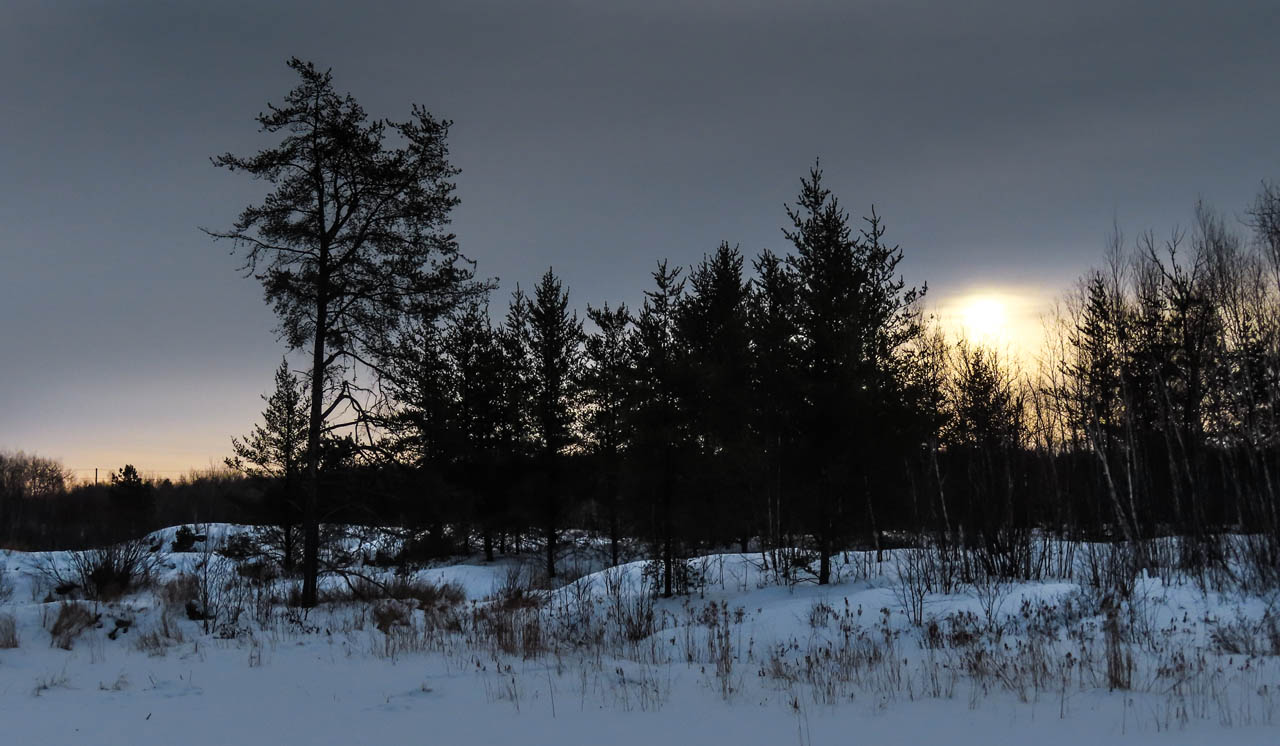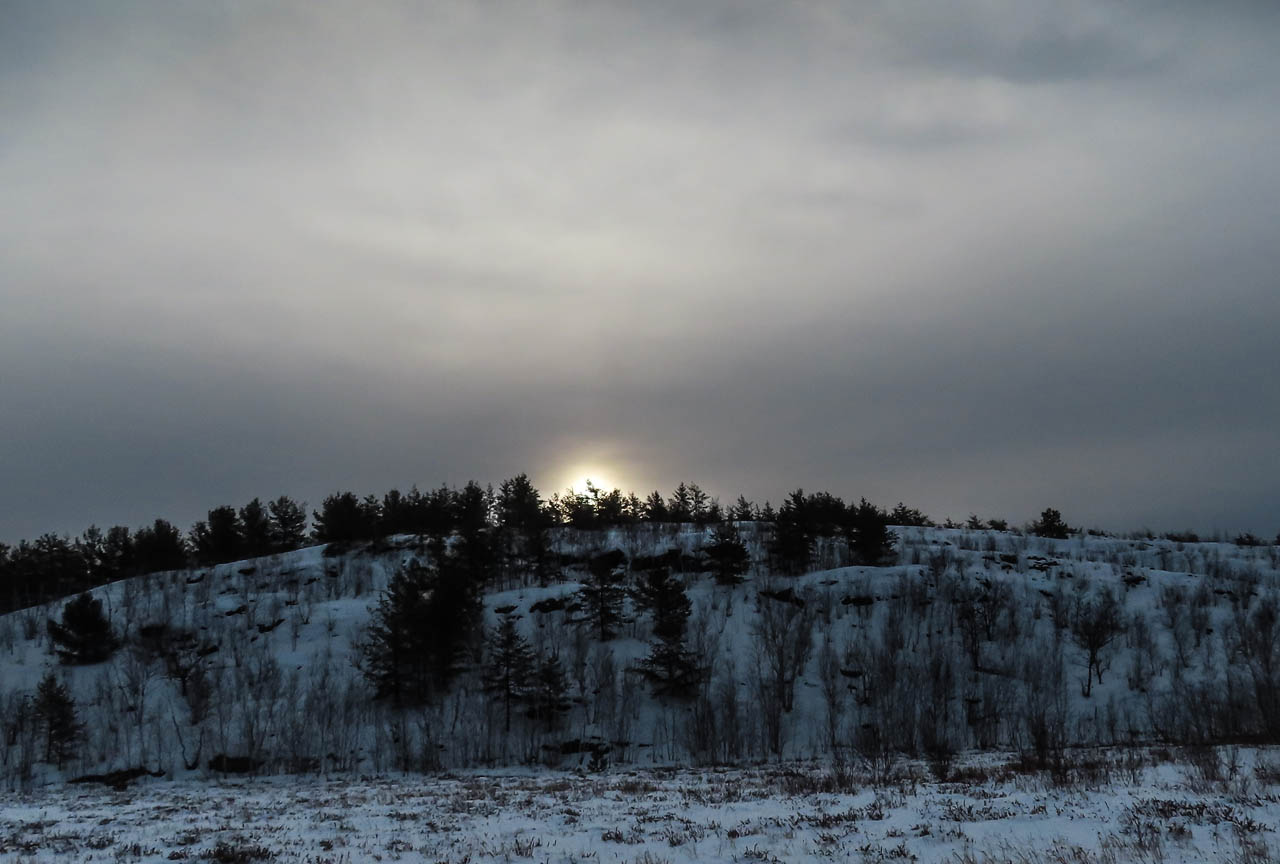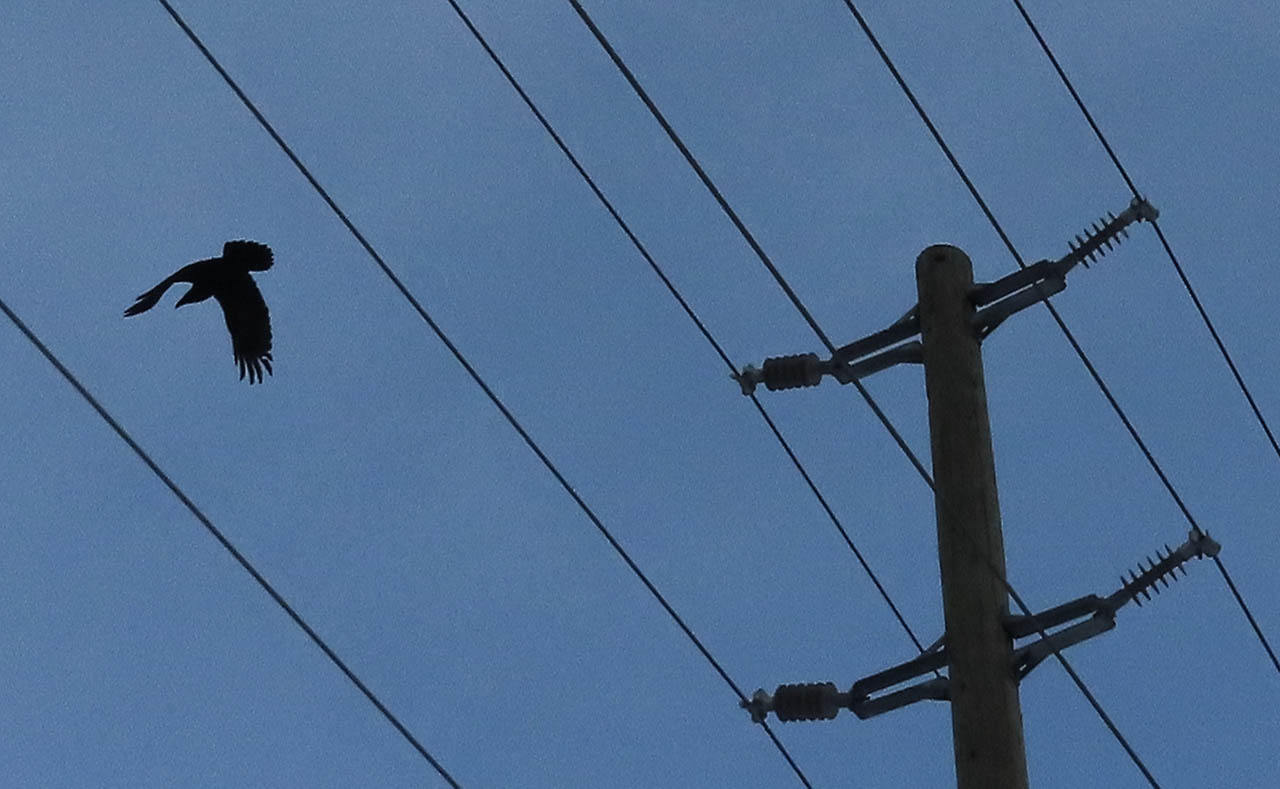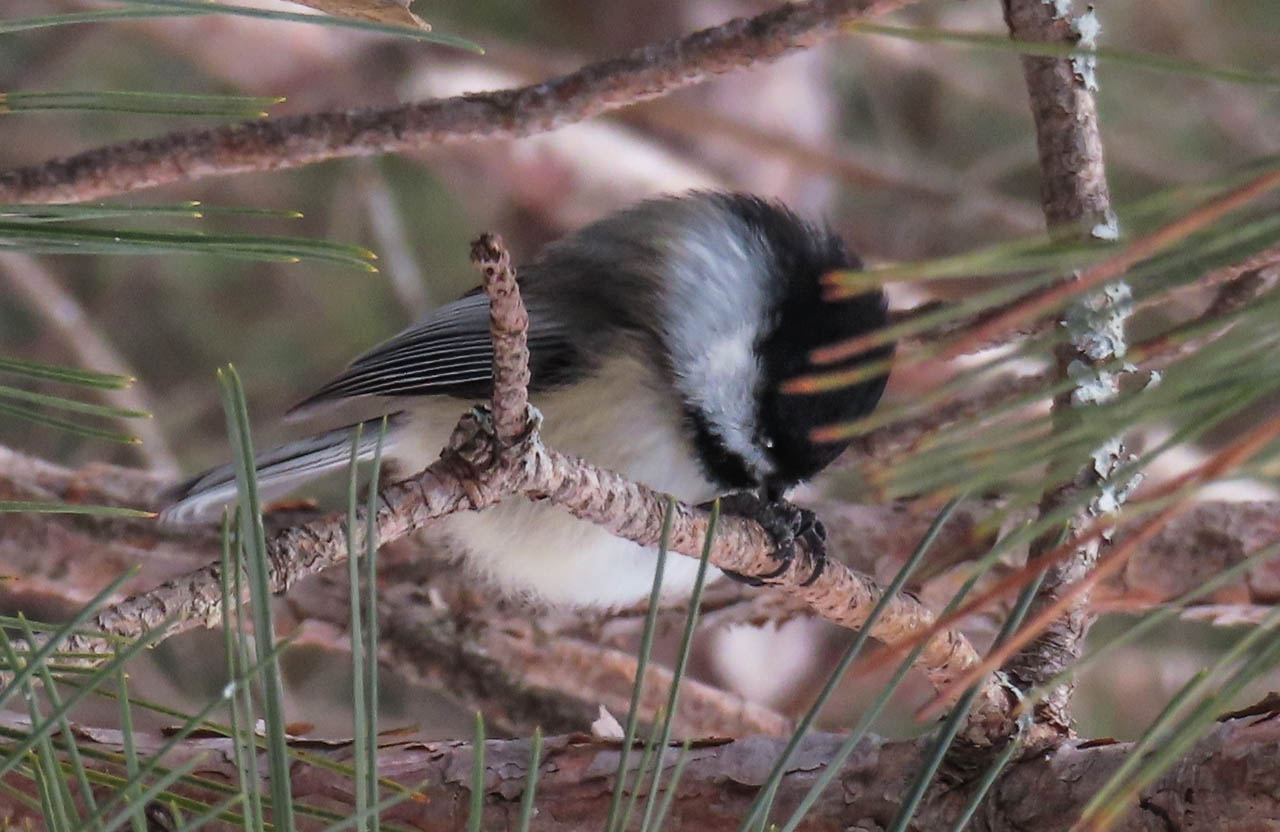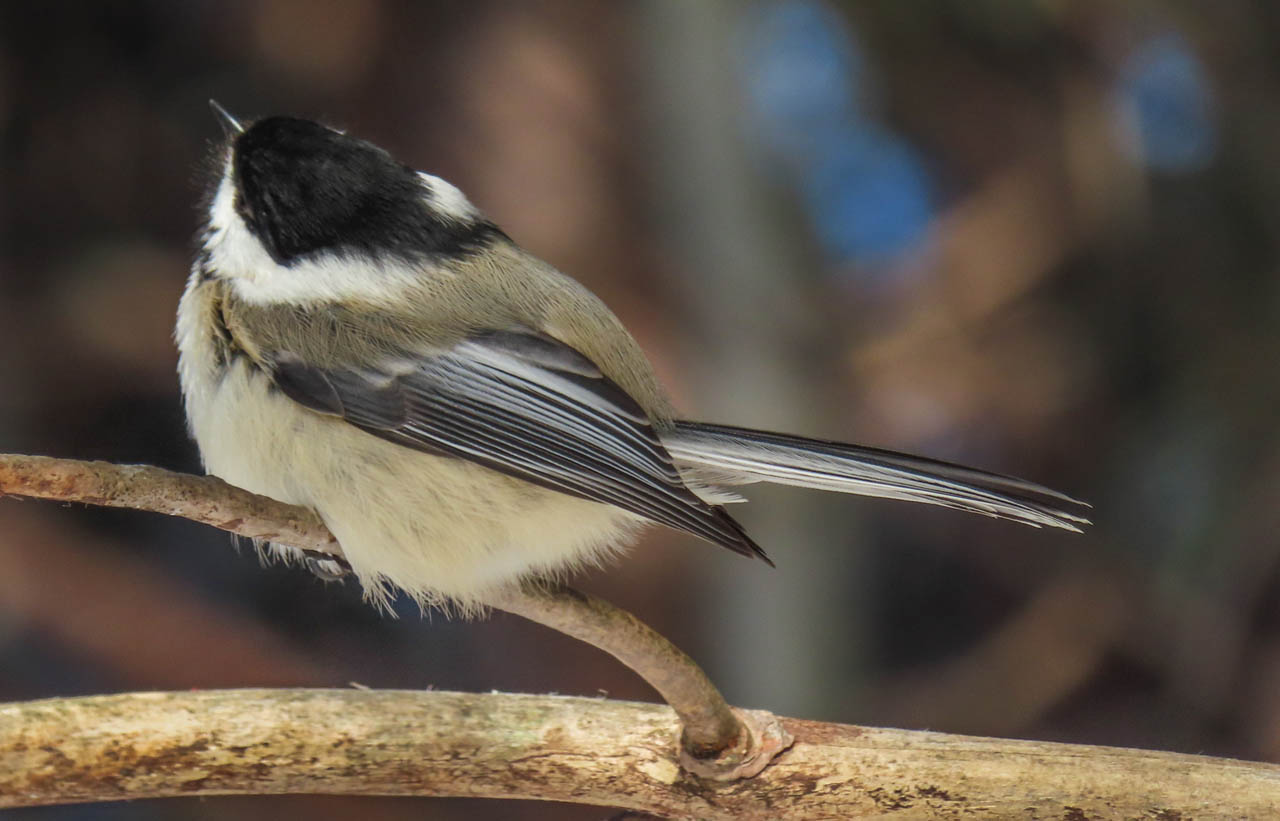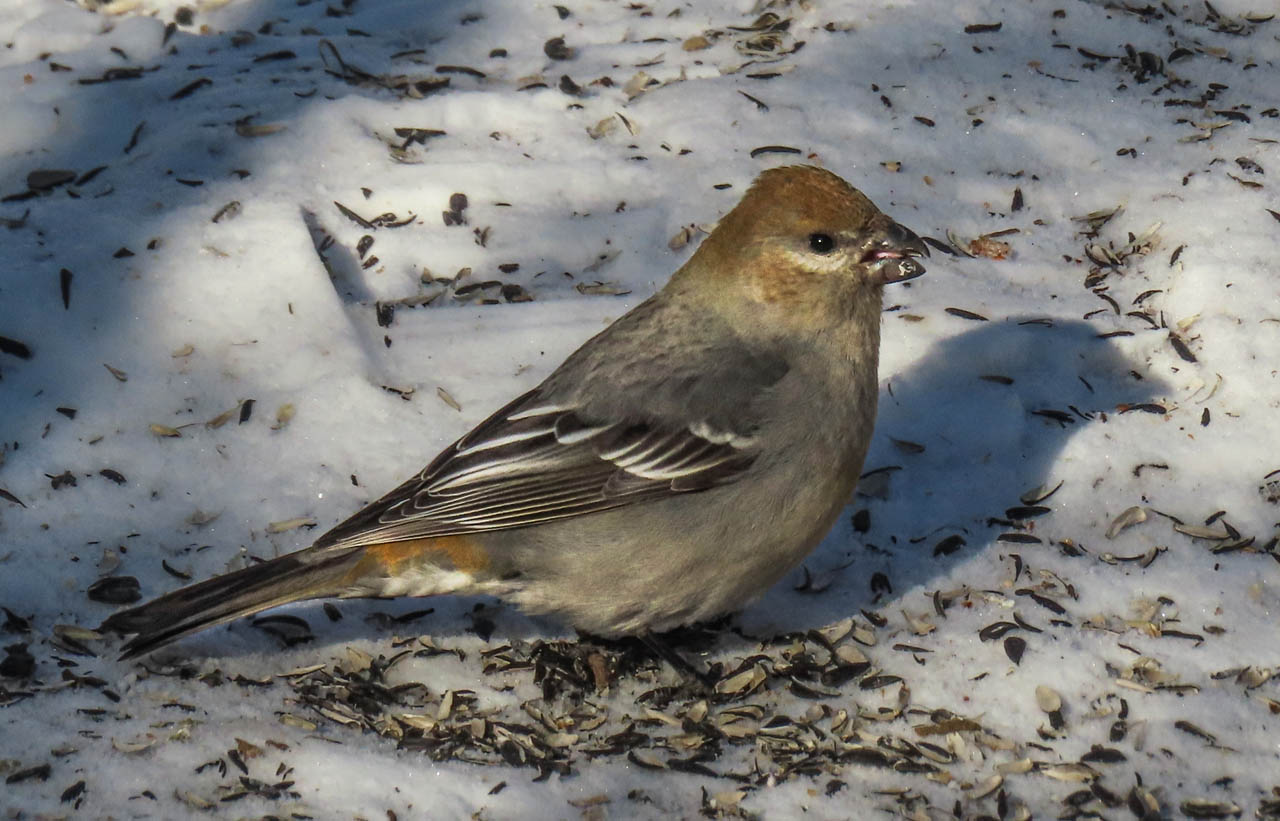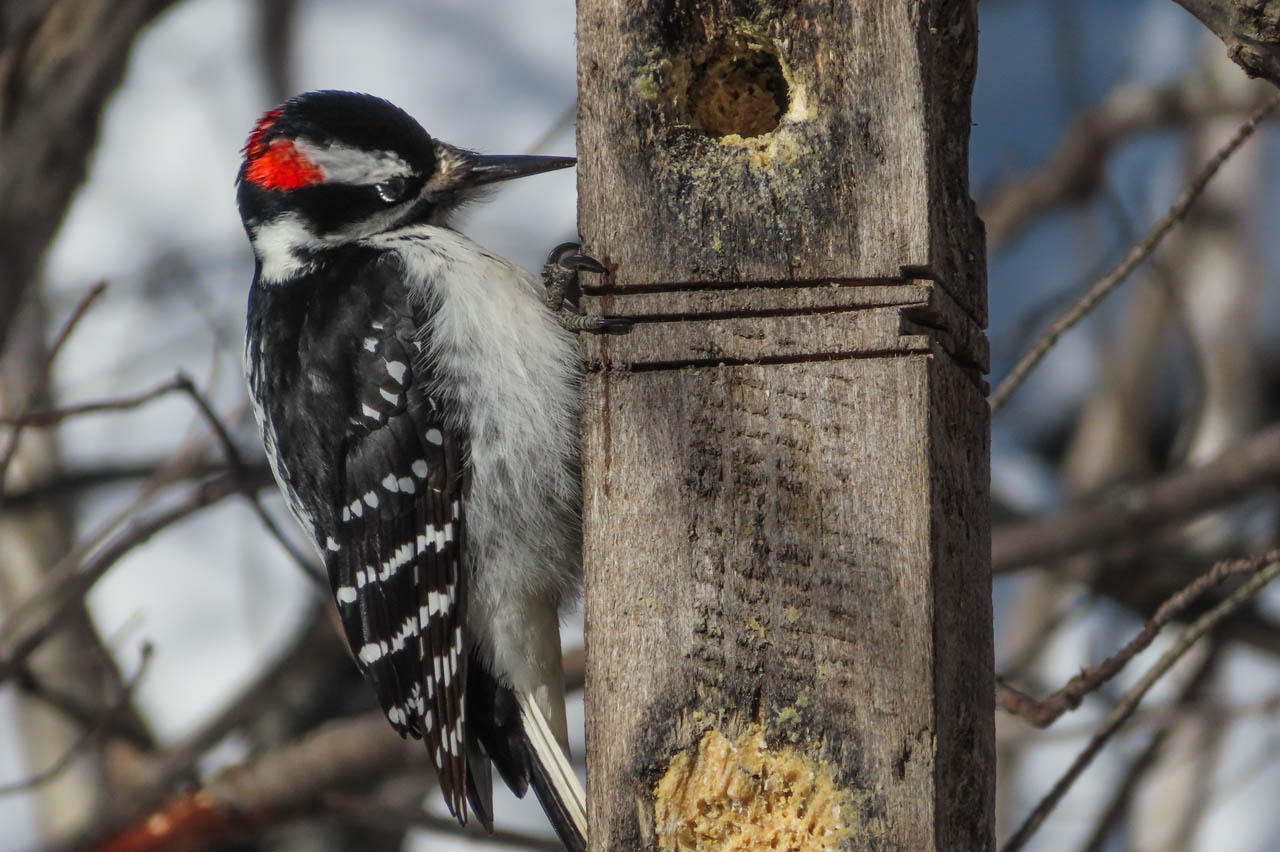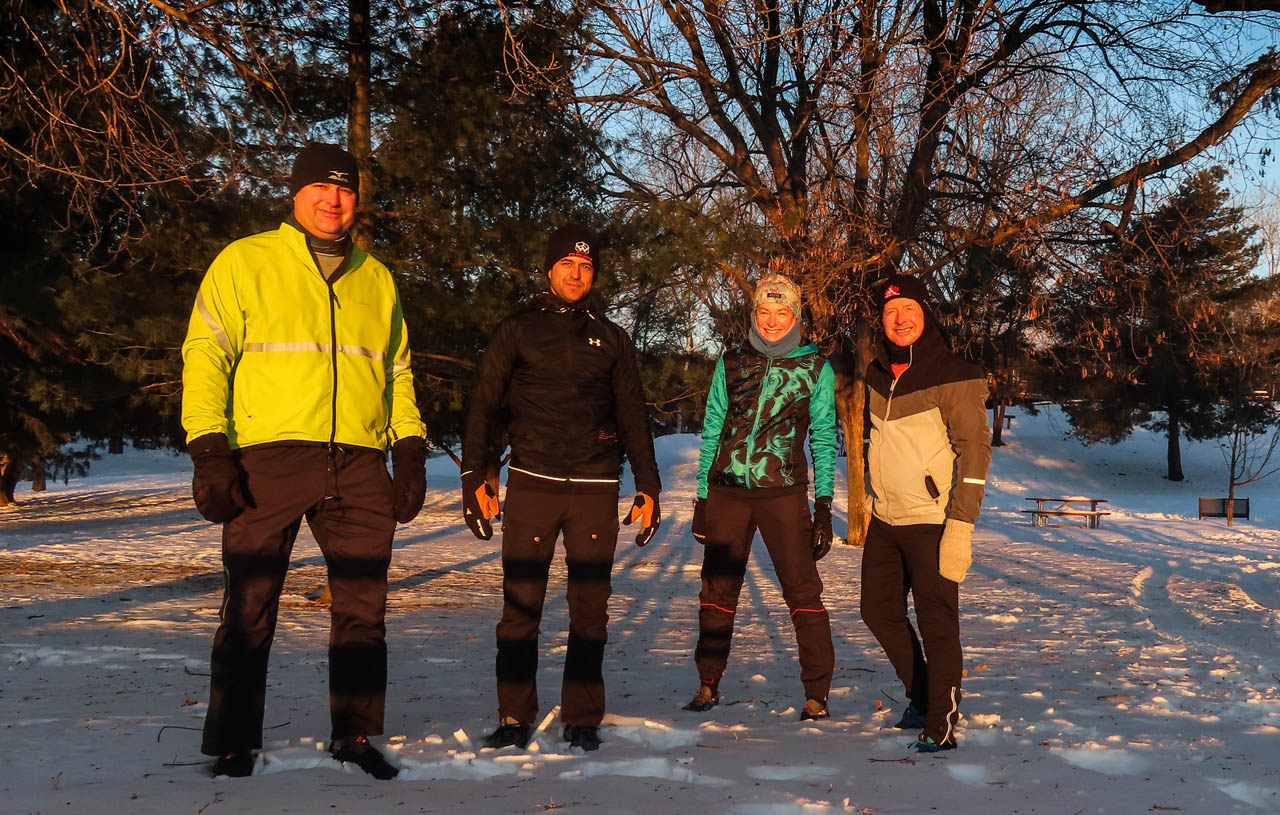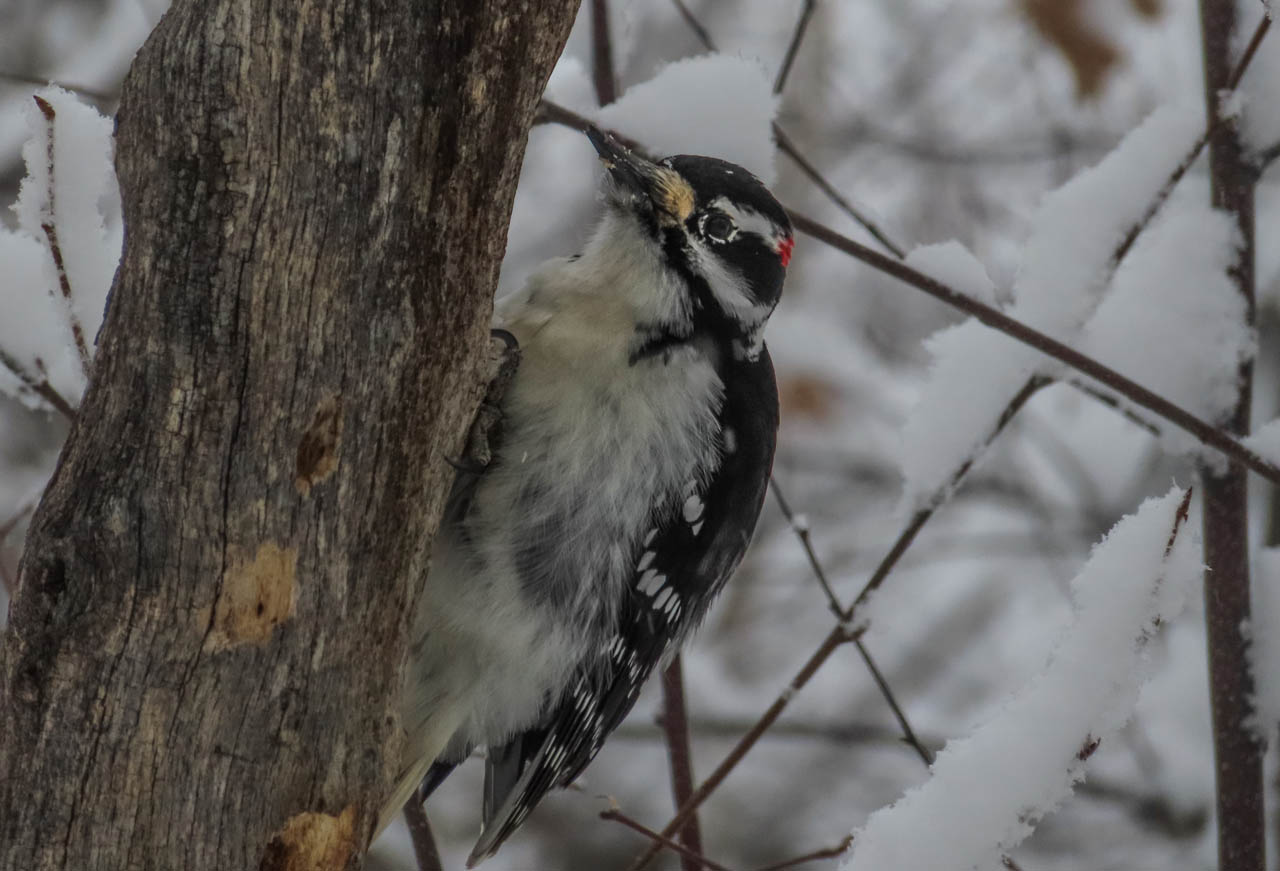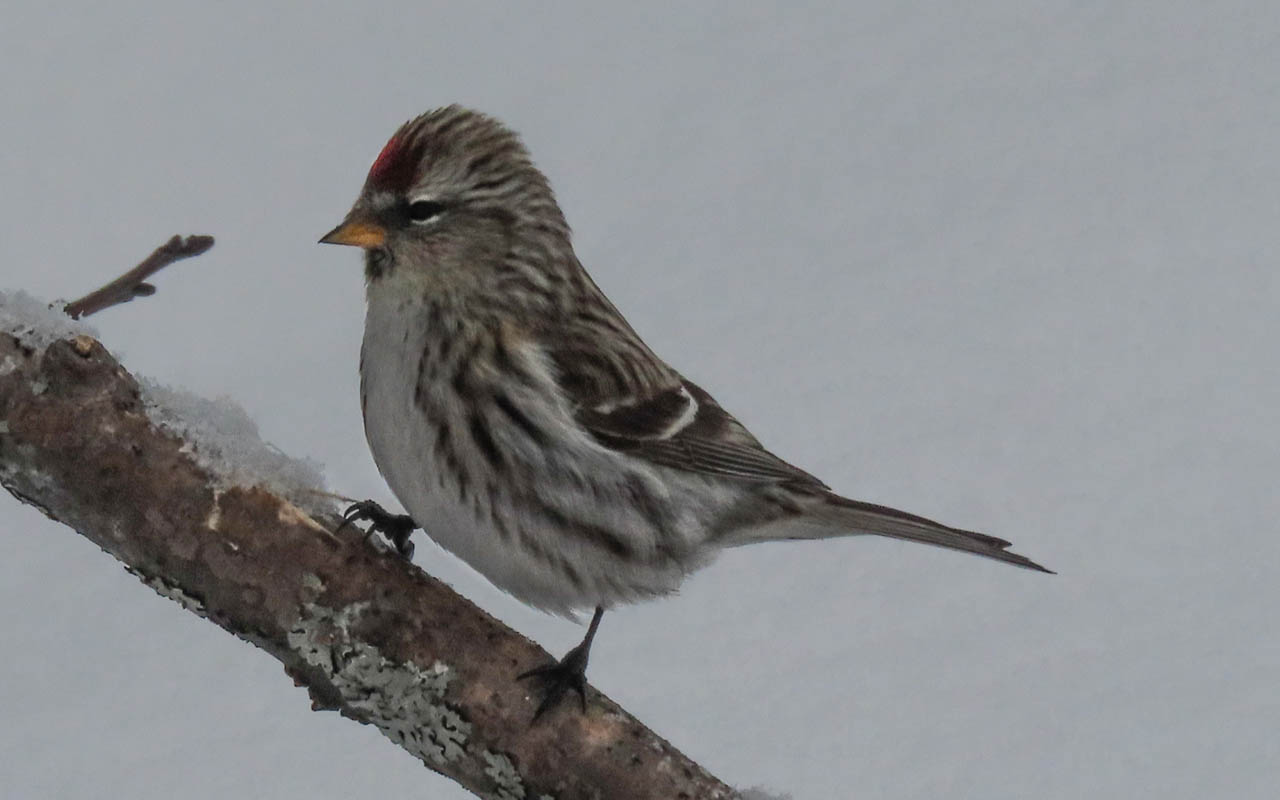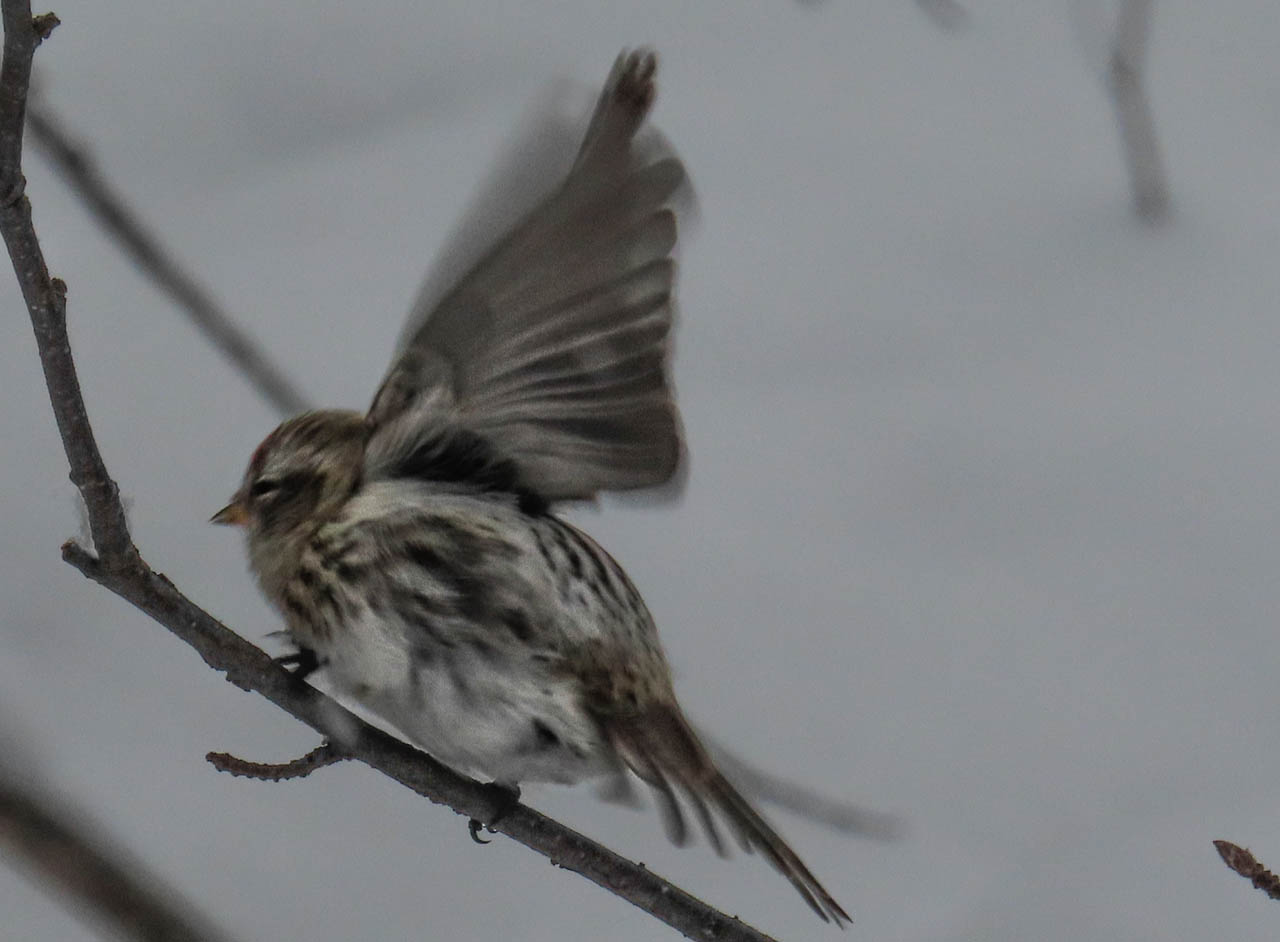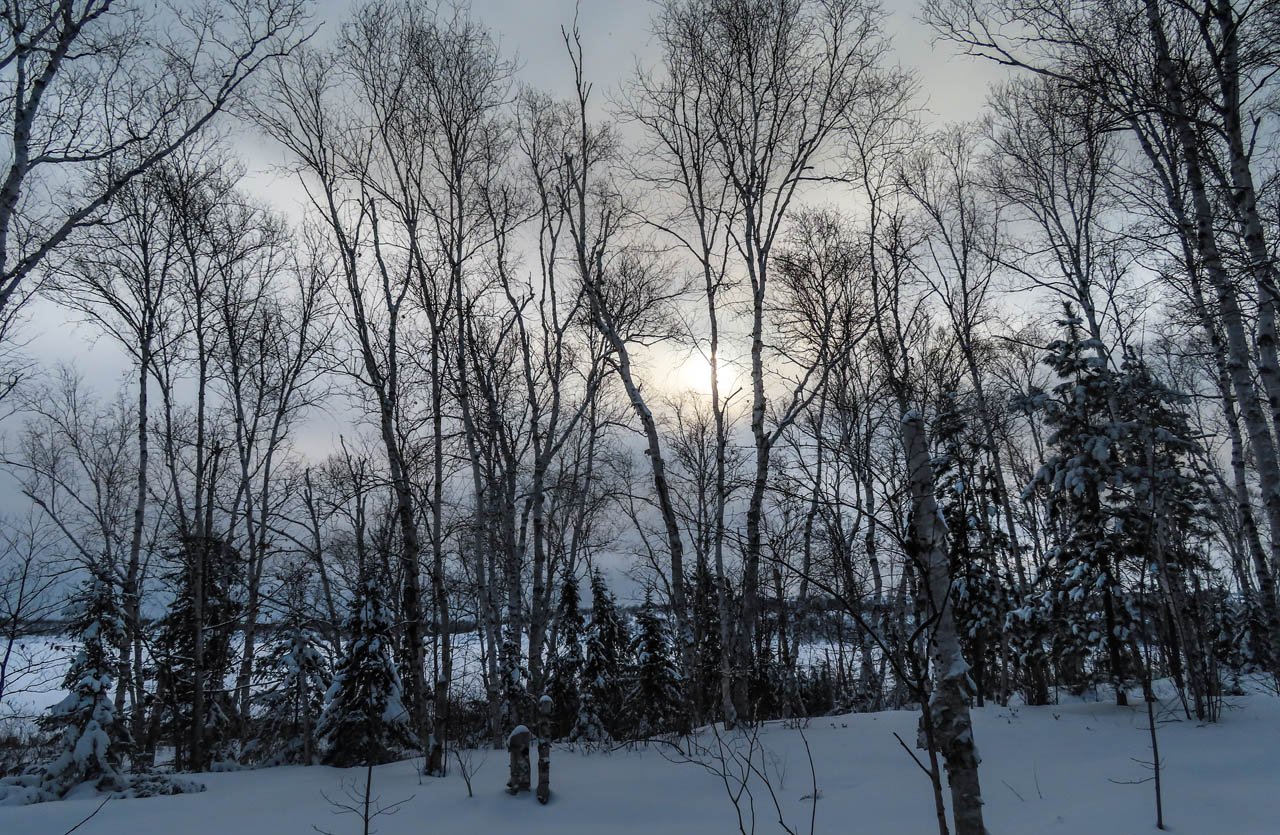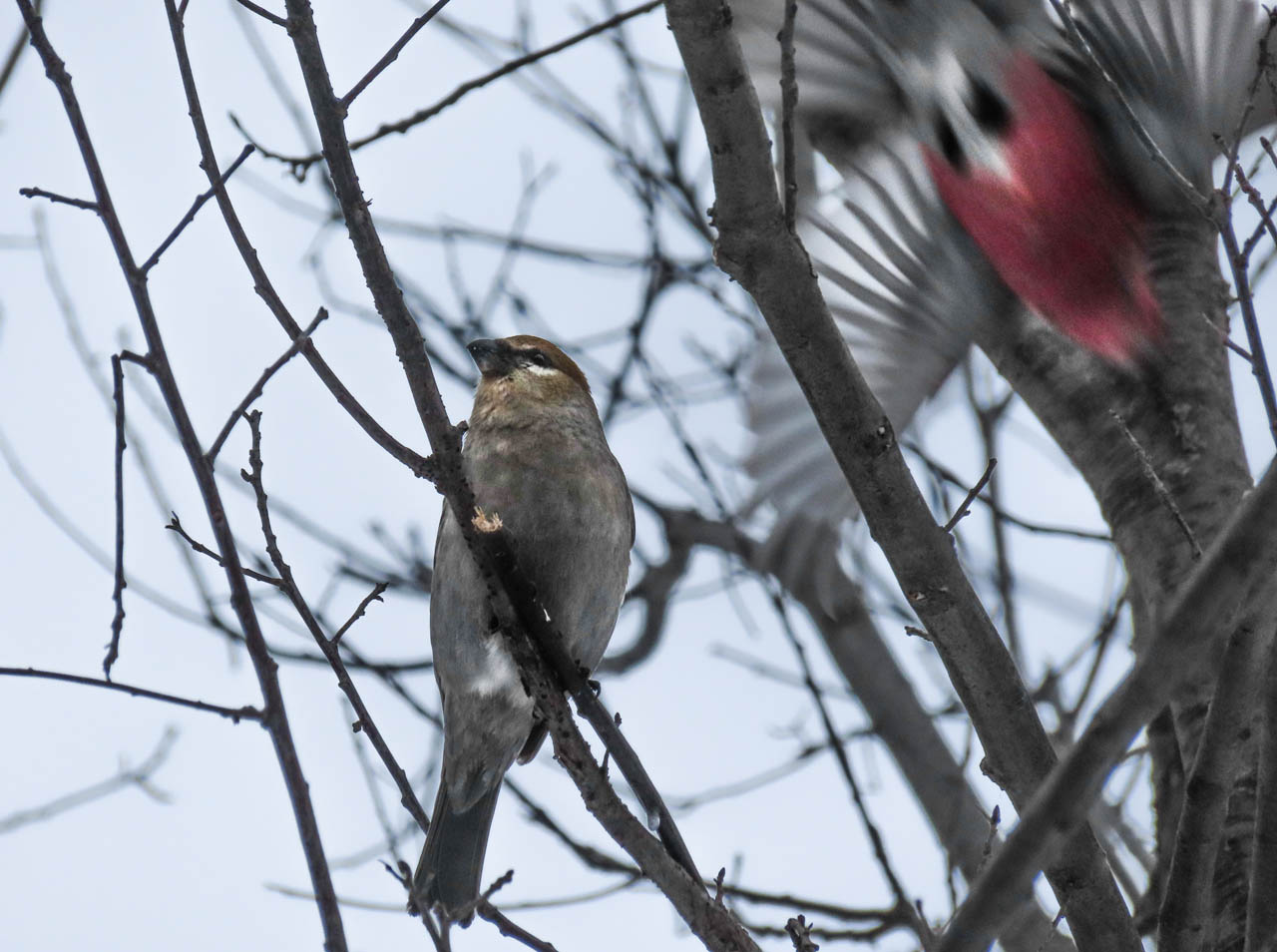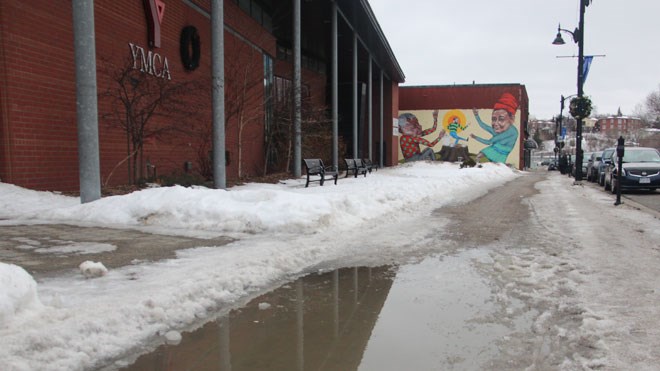Dr.
Melissa Lem is a family physician in Vancouver who has
embraced the mounting evidence linking time spent in nature
to health. She has been informally advising natural outings
to her patients for more than a decade.
Now, at long last, she is
able to prescribe the measure formally, which has been
shown to improve the odds patients will take the order
seriously. Doctors won’t yet be paid for dispensing
these prescriptions, so for now, their power is in their
accessibility and persuasiveness.
Lem’s first prescription
for nature, some 10 years ago, was to a young man struggling
with ADHD at the University of Toronto. Now she prescribes
it for a growing suite of conditions.
“We’ve broadened
the kinds of patients we can, in an evidence-based way,
prescribe nature to,” she said, listing mental,
heart, lung and immune health in particular. Side-effects
may include greater longevity, increased energy, improved
pain management and the bettering of mood, among many
other benefits.
Lem has been developing this nature prescription program
for two years now in her volunteer role with the BC Parks
Foundation, the charitable arm of B.C.’s provincial
park network. As temperatures drop, COVID-19 lockdowns
persist and Canadians prepare themselves for the loneliest
winter in a century, she decided it was time to launch
the initiative to address the mental health of British
Columbians.
“Over the summer,”
she recalls, “when the wildfire smoke from the United
States drifted up here, I really saw the number of phone
calls and patient appointments — for anxiety, for
stress, for depression — skyrocket. It was incredible,
actually. When that nature outlet was taken away from
people (by the smoke), that’s when stress really
rose.”
Prescriptions for nature
became available through this program at the end of last
month, and their availability will improve as more health-care
practitioners sign up for the prescription packages, which
include fact sheets, relevant literature and a unique
provider code. This can be done on the program’s
website.
In the coming months, Lem
intends to expand the program to other provinces and territories,
forging partnerships between health-care and parks organizations
and sharing the resources she has spent years collecting.
Until then, she said health-care providers outside B.C.
can sign up in advance and will get their prescription
packages when the program reaches them.
Each province will have to
structure theirs differently, she said. Residents of B.C.
have exceptional access to natural spaces compared to
those living in other parts of Canada because its provincial
park network has no entry fees. Nature prescriptions elsewhere
will likely incorporate free park access, in theory from
partnering parks, and perhaps some form of public transit
assistance, potentially from participating municipalities,
removing as many barriers to the fulfilment of these prescriptions
as possible.
Partnering organizations in her program’s launch
include BC Family Doctors, Nurse Practitioners of BC,
the Canadian Association of Nurses for the Environment
and, of course, the BC Parks Foundation. It only takes
two hours a week, said Lem, for at least 30 minutes per
outing, to make a measurable difference in someone’s
mental health.
“I see nature as an
essential health service for all Canadians and I think
bringing together parks organizations and health-care
organizations to create initiatives like this is incredibly
important,” she said.
Dr. Lem is far from the only
health-care practitioner to prescribe nature for patients.
Small pilot programs have been gaining ground across the
country, like those promoting well-being among low-income
residents of Wasaga Beach, Ont.; managing post-traumatic
stress disorder (PTSD) among veterans of the Canadian
Armed Forces on P.E.I.; and bolstering the general health
of Newfoundlanders with a partnership between Western
Health, a provincial public health authority, and nearby
Gros Morne National Park.
The health benefits of time
spent in nature have been the subject of intense study
in recent years, and have proven to be broad. The largest
meta-analysis of its kind, including data from 143 studies
internationally and published in the journal Environmental
Research in 2018, concluded that increased green space
exposure was associated with decreased cortisol (stress)
levels, heart rate, diastolic blood pressure, HDL cholesterol,
risk of pre-term birth, Type 2 diabetes and all-cause
and cardiovascular mortality, and increased incidence
of good self-reported health.
And new studies continue
to reinforce past results. Lem references a study published
in the journal Science Advances in October in which the
playgrounds of 36 Finnish daycare children were transformed
from being primarily gravel-based to primarily nature-based
(forest floor, sod, planters for growing annuals and peat
blocks for climbing and digging).
After 28 days in this wilder
setting, the children's skin and gut microbiota became
more robust and diverse, while markers of immune health
and anti-inflammatory function surged. Getting results
like this for health-care practitioners in B.C., said
Lem, is a major goal of her program.
“To get the benefits
of nature, you don’t need to be in old-growth forest
far away from other people or on the side of a mountain.
There is research showing that what matters is that you
feel you’ve had a meaningful experience with nature,”
said Lem, suggesting everything from backyard gardens
to urban green space.
“I think there’s
a lot of power in your health-care professional recommending
nature to you,” she said. “Nature and health
are having a major moment right now. I think nature prescriptions
are what Canadian health care needs to heal and emerge
from COVID-19 with resilience.”
Zack Metcalfe is a freelance journalist, columnist and
author based in the Maritimes.
|








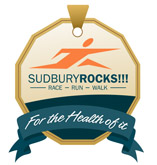

219.jpg)



